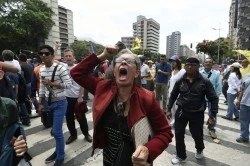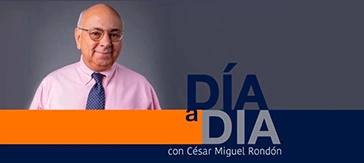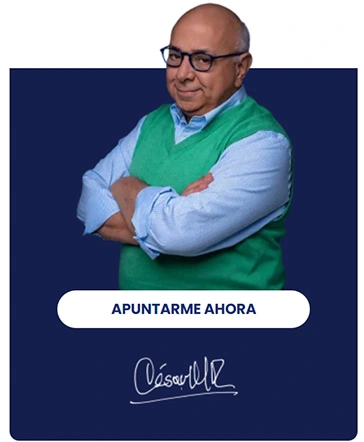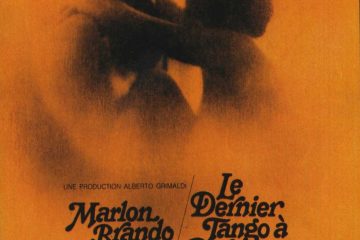Publicado en el Washingtonpost.com
Por: Matt O’Brien
Venezuela has become a failed state.
According to the International Monetary Fund’s latest projections, it has the world’s worst economic growth, worst inflation and ninth-worst unemployment rate right now. It also has the second-worst murder rate, and an infant mortality rate at public hospitals that’s gotten 100 times worse itself the past four years. And in case all that wasn’t bad enough, its currency, going by black market rates, has lost 99 percent of its value since the start of 2012. It’s what you call a complete social and economic collapse. And it has happened despite the fact that Venezuela has the world’s largest oil reserves.
Never has a country that should have been so rich been so poor.
There’s no mystery here. Venezuela’s government is to blame. Sure, $50-a-barrel oil hasn’t helped, but it hasn’t hurt so much that a «Mad Max»-style dystopia was inevitable. After all, every other country whose economy begins and ends at its oil wells has at least managed to avoid that fate. Which is to say that Venezuela is a man-made disaster. It’s a gangster state that doesn’t know how to do anything other than sell drugs and steal money for itself. Indeed, two of President Nicolás Maduro’s nephews were arrested on charges of conspiring to bring 800 kilos of cocaine into the United States, the president’s right-hand man is suspected of running a drug ring himself, and public money has a habit of disappearing into what could only be private pockets. Two ex-officials estimate that as much as $300 billion has been misappropriated the past decade. It’s enough that Transparency International ranks Venezuela as the ninth-most corrupt country in the world. The only ones worse — Somalia, North Korea, Afghanistan, Sudan, South Sudan, Angola, Libya and Iraq — are a collection of rogue and war-torn nations.
Venezuela is the answer to what would happen if an economically illiterate drug cartel took over a country.
This corruption hasn’t just enriched the few. It has also impoverished the many. That’s because the government has tried to control the economy to the point of killing it — all, of course, in the name of «socialism.» Now let’s back up a minute. It really shouldn’t have been hard for Venezuela’s government to spend some petrodollars on the poor without destroying its economy. All it had to do was send people a check for their share of the country’s oil money. Even Alaska does that. And, to be fair, Venezuela was able to do so as well, as long as oil prices were in the triple digits. That’s how its government cut poverty almost 30 percent its first 12 years in power.
You can’t keep redistributing oil profits, though, if there aren’t any more oil profits to redistribute. Or at least not that many of them — which there aren’t now. The first reason for that is that former president Hugo Chávezreplaced people who knew what they were doing with people he knew would be loyal to him at the state-owned oil company. The regime’s cronies were happy to take money out of the company, but not so much about putting what they needed back in so that they’d continue to be able to turn their extra-heavy crude into refined oil. As a result, production fell 25 percent between 1999 and 2013. And the second reason has just been that oil prices have fallen in half the past two years. Add those two together — selling less oil for less than before — and you have an economic death sentence for a country that doesn’t have an economy so much as an oil-exporting business that subsidizes everything else.
But Venezuela has gotten something worse than death. It has gotten hell. Its stores are empty, its hospitals don’t have essential medicines, and it can’t afford to keep the lights on. All the progress it had made fighting poverty has been reversed, and then some. The police are going after protesters, and vigilantes are going after petty criminals by, for example, burning a 42-year-old father alive for stealing $5. How has it come to this? Well, the underlying cause is that the government hasn’t been content to just control the oil business. It wants to control every business. It tells them how much to charge, who’s allowed to charge it, and even who’s allowed to line up for it. Because that’s the one thing Venezuela is well-supplied with now: hours and hours of lines.
Here’s how it works — or doesn’t, rather. Venezuela’s government, you see, has tried to stop the runaway inflation that’s resulted from all its money-printing by forcing companies to sell for lower prices than they want. The problem there, though, is that businesses won’t sell things for less than they cost. They’ll just leave their shelves unstocked instead. So to make up for that, the government has subsidized a select few by selling them dollars at well, well below market rates. Consider this: The Venezuelan bolivar is trading for 1,075 per dollar on the black market right now, but 10 per dollar at the government’s most preferential rate.* (It has one other.)
That’s like paying $1 to get $108. Now, the idea is that giving companies money like this will let them make money — giving them a reason to fill their stores — even when they sell at the prices they’re supposed to. But that’s not how it has always worked out. Think about it like this. You could either use the $107 the government has given you to buy, say, milk for $3 overseas that you’re only allowed to sell for $2 at home, or you could just sell it for $107 in the black market right away. In the first case, you’d make about $71; in the second, well, $107. So it’s not profitable for unsubsidized companies to stock their shelves, but it’s not profitable enough for subsidized ones to do so when they can just sell their dollars for more than they can resell imports. That’s why Venezuela has had shortages of basic goods — everything from food to beer totoilet paper and especially medical supplies — even before oil prices fell so far.
Why doesn’t the government just get rid of this exchange-rate system then? Because as difficult as it is to get someone to understand something when their salary depends on them not understanding it, it’s even more so when their embezzling depends on it. In other words, having the power to decide who gets dollars and who doesn’t means that you have them yourself, and can skim a little — or $300 billion — off the top if you’re so inclined. And the Chavistas have been. It’s true that this isn’t exactly smart politics or economics in the long run, but in the long run they’ll have moved their money into Swiss bank accounts and Miami condos. In the meantime, though, there’s a country to loot.
Viva la revolución.
*Update: Venezuela recently consolidated its 6.3 and 13 bolivars per dollar exchange rates into a single 10 bolivars per dollar one.












